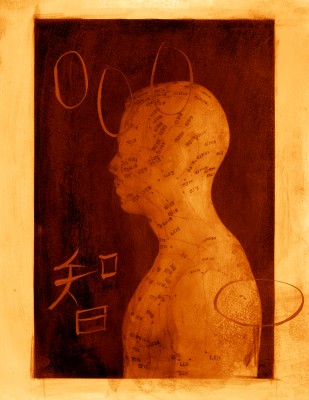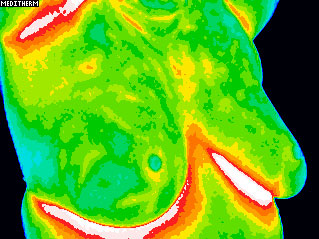 Forty three percent of all deaths in the United States today are attributable to heart disease. Understanding the functions of the heart and the dynamics of heart disease from a holistic perspective will enable you to make heart healthy choices. Asian medicine offers valuable insight into the physical, emotional and spiritual aspects of the heart.
Forty three percent of all deaths in the United States today are attributable to heart disease. Understanding the functions of the heart and the dynamics of heart disease from a holistic perspective will enable you to make heart healthy choices. Asian medicine offers valuable insight into the physical, emotional and spiritual aspects of the heart.
Many different illnesses fall into the category of heart disease. Coronary artery disease is one of the most common forms of heart disease. In this inflammatory process, blood vessels that deliver blood to the heart become clogged with cholesterol deposits. Over time these cholesterol deposits can evolve into a plaque formation that hardens and narrows arteries. This causes reduced blood flow to the heart. If a piece of plaque breaks loose, it can block an artery that feeds the heart causing a heart attack. When this happens the part of the heart that is deprived of oxygen and nutrients begins to die.
Both Eastern and Western medicines see the heart as a pump that pumps blood to every tissue in the body. In addition, Asian medical theory holds that the heart is responsible for mental, emotional and spiritual well-being. The heart governs thinking, memory and communication. In addition, the heart houses the spirit (shen). The health and vitality of the shen is expressed through the eyes. In a healthy person the eyes sparkle, while a depressed or sick person’s eyes are often dull and lifeless. Patients with heart imbalances may feel like they are lost in the world and disconnected from themselves and their surroundings. According to Asian medical theory, a heart imbalance may manifest with physical symptoms such as poor circulation, palpitations and chest discomfort or pain, and mental and emotional symptoms like mental confusion, depression and anxiety.
It is well known that people with certain personality traits tend to be more at risk of developing heart disease. Those with a “type A” personality have twice the incidence of heart disease. This personality type’s defining characteristics are: competitiveness, impatience, and aggressiveness. It is well documented that aggression is linked to cholesterol, the greater the aggression—the higher the cholesterol. Numerous studies have shown a relationship between depression and heart disease. In fact a study published in the Journal of Psychosomatic Medicine shows that those with more severe depression tend to get more heart attacks and tend to die of them too. Researchers found that of the participants who were initially free of heart disease those who reported feeling symptoms of depression most often were 40% more likely to develop heart disease than those who reported feeling depressed the least often. “This study has established that symptoms of depression are an independent risk factor for coronary heart disease in older individuals,” says Curt Furberg, M.D.
The benefit of acupuncture treatment to those who are at risk of heart disease is unquantifiable. Acupuncture can help people cope with stress more effectively through inducing relaxation, calming the mind, settling the spirit. Acupuncture treatment can effectively treat depression, anxiety, poor memory, and insomnia. In addition, specific acupuncture prescriptions for angina, chest pain, cardiac arrhythmias and rheumatic heart disease have been developed in China.





